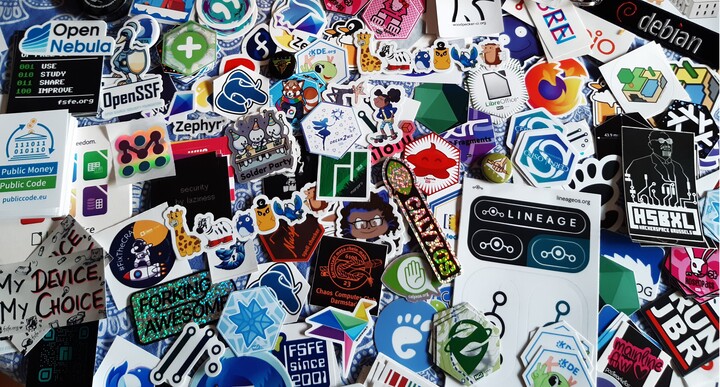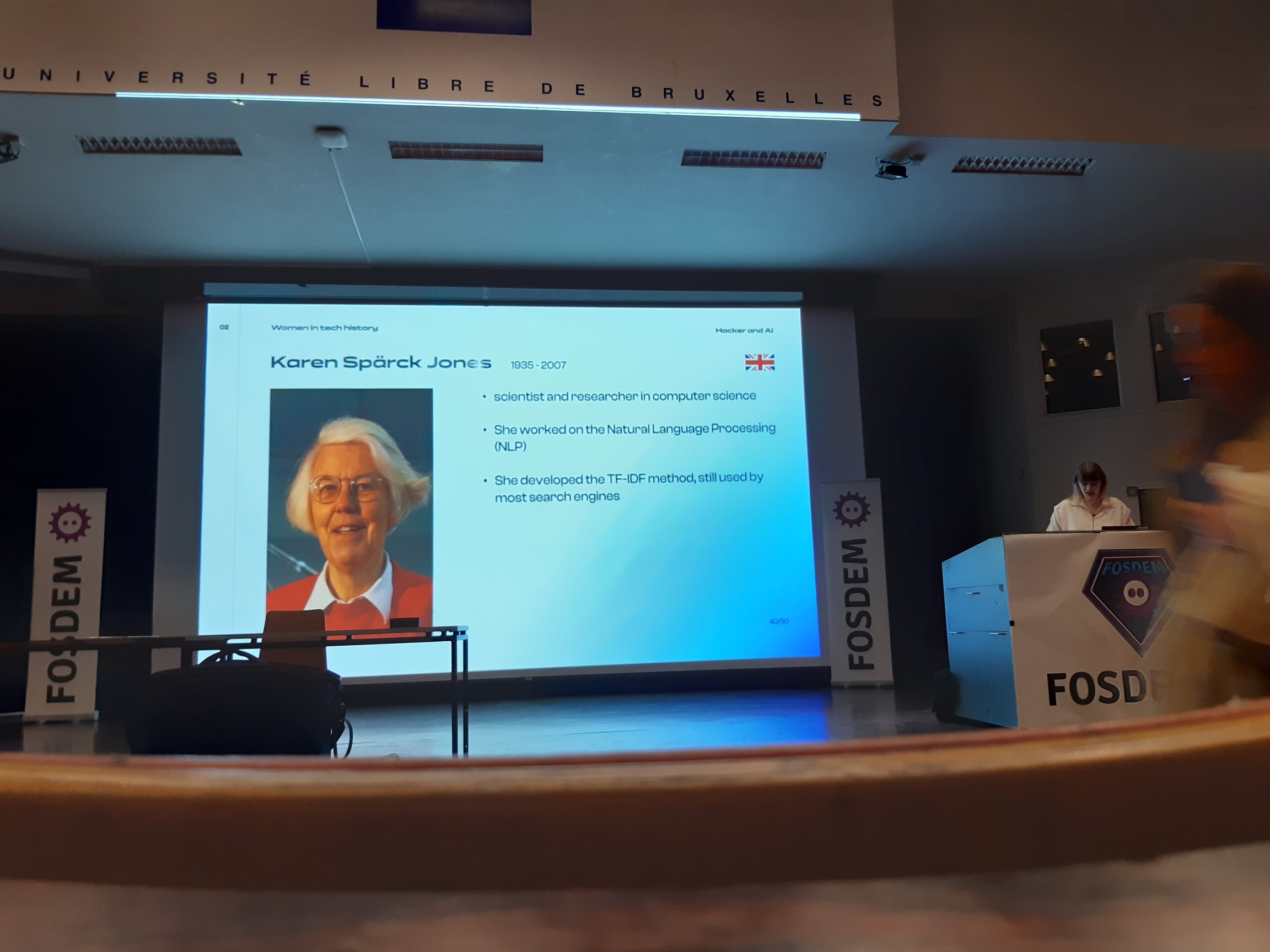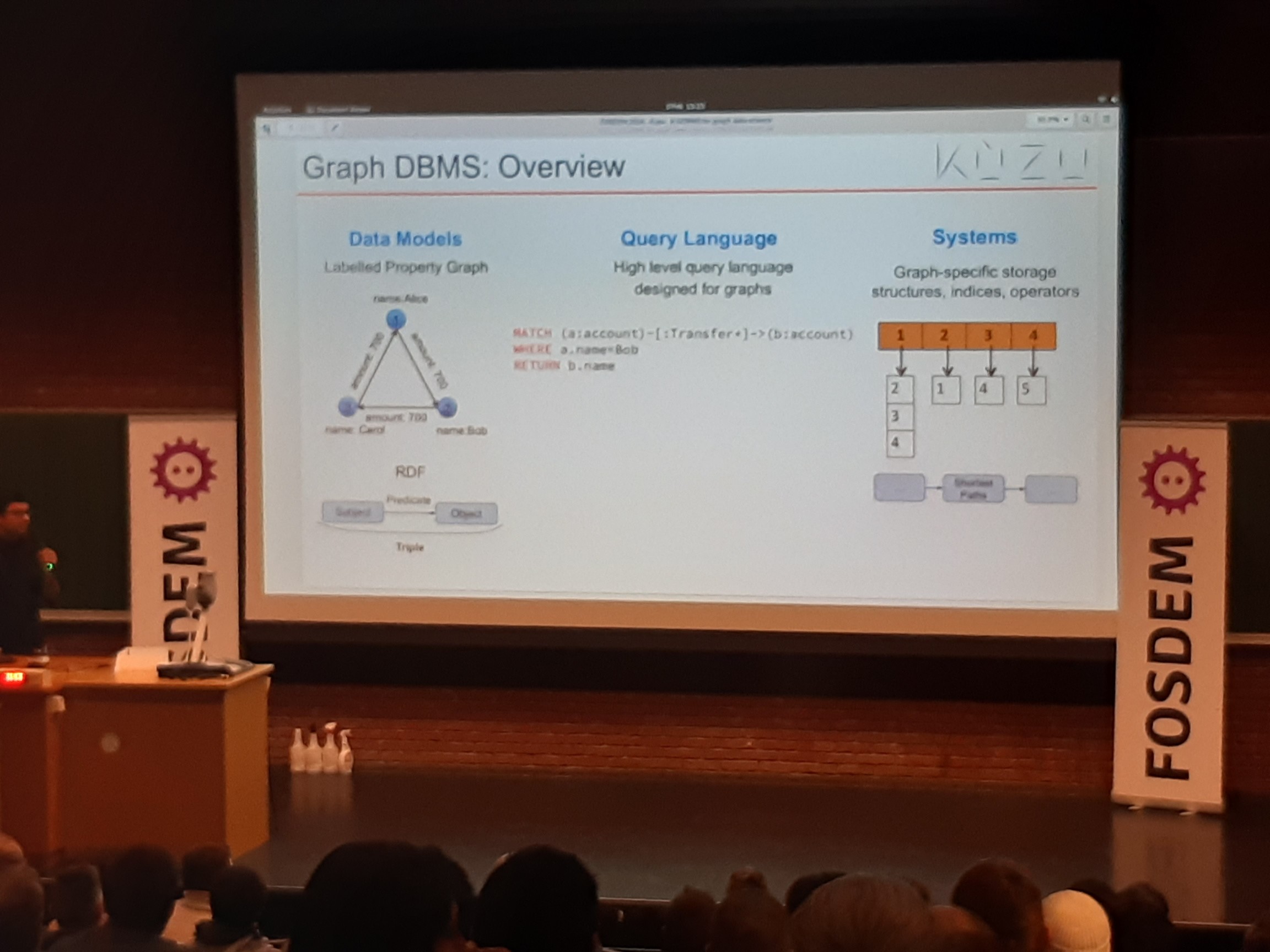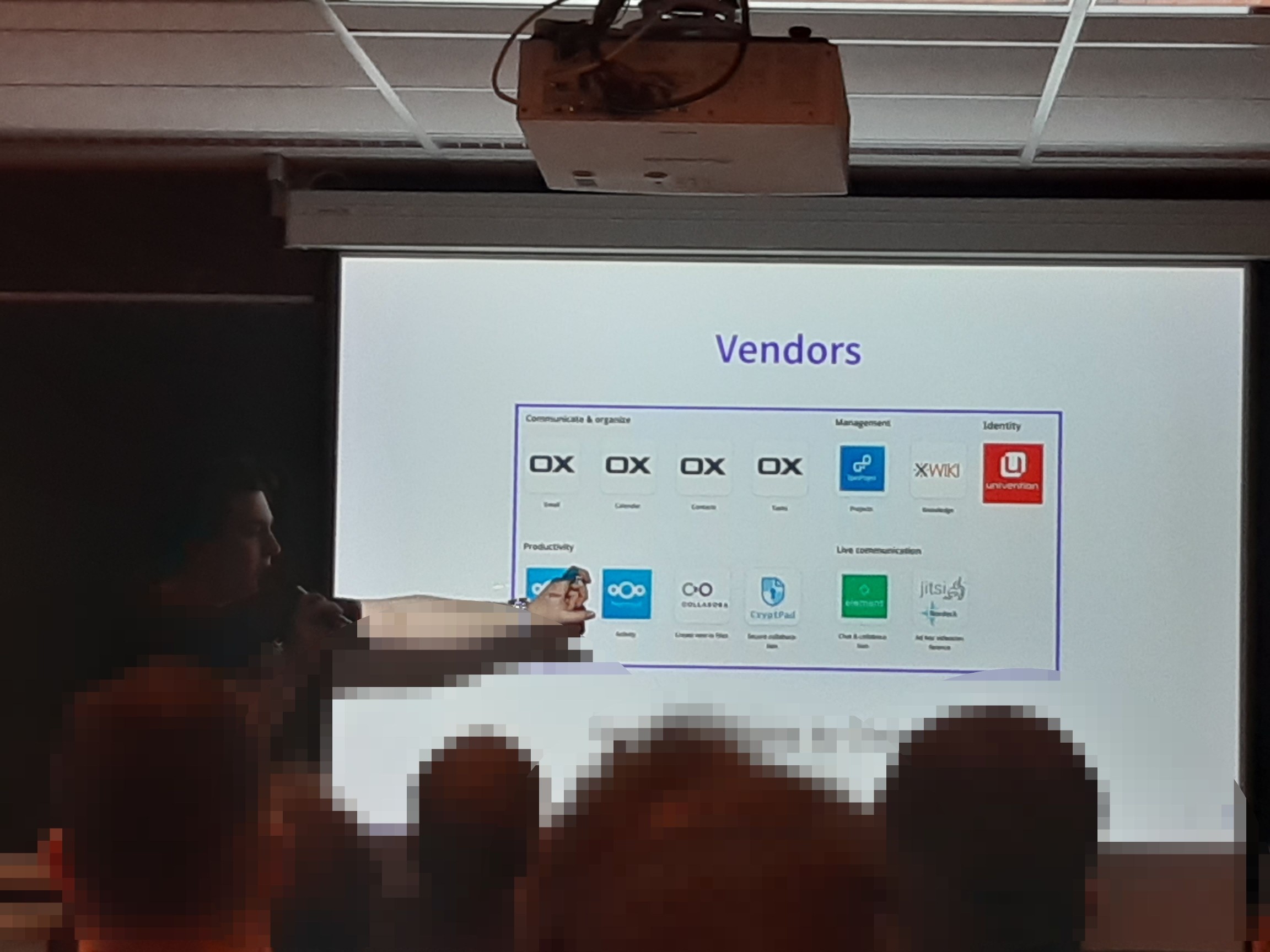2025-03-16
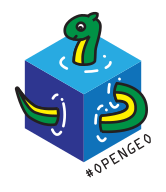
🕊️ since 2019 i’ve been going to fosdem, it’s become the part of the year where foss utopia holds a big celebration.
part one 🐃 the importance of yak shaving
😴 it's taken a while to get round to writing this because at the point i attempted to revive 11ty from its long slumber, it did that thing where a frontend technology which has been gathering dust for a while tries to rebuild itself and melts into a flood of errors.
🦘 my patience for jumping through frontend engineering hoops has worn thin, but i initially thought: "oh ok, before i begin to commit some words, let's rebuild this house of cards that turns markdown into markup" … only to find that the beautiful yet fragile 11ty template I'd been using had been deprecated, understandably, by its probably quite bored maintainer.
🐇 after casting around a bit, and briefly trying zola, which turned out to be yet another engineering rabbit hole (albeit a cool rust one), i got chatting on mastodon about a recent post by froos: "you're doing computing wrong" which contains a compelling description of marking up websites by hand as a minimally engineered, direct pathway to the web.`
🧵 during some of these discussions on mastodon, it seemed there might be a way of combining ideas from froos (writing markup) and from static site generators (setting structure, automating repetitive tasks) to create a tiny, friendly, dependency-minimal site generator?
🛠️ as luck would have it, this conversation gained the interest of kartik agaram from merveilles.town who created an amazing "freewheeling app" by distilling requirements down to three neat scripts:
gen_pages- 📃 generate pages from frontmatter and markup
gen_index- 🗓️ generate an index of those pages
gen_feeds- 📩 generate an rss feed
- 📩 generate an html feed compatible with journal.miso.town
💾 gen_site - the finished software, has the strapline "extremely simple static site generator" and you are now reading a gen_site blog!
🍀 i'm hopeful about gen_site. it may be that for a blog updated as infrequently as mine, hand crafting is all that is needed, and this was all just a diversion from the real task of trying to extract meaning from the intensity of the fosdem experience. still, i appreciate that the structure of the site is baked into the build step, and that the copypasta work is given to the computer. i'm not missing markdown so far, but may in time, consider adding that to the build process... let's see. the main thing is that much of the dependency-laden engineering that used to get in the way of writing is now gone, and so i wonder if the blog might become more prolific as a result (unlikely, but it might be fun to share some more code).
💈ok, so having spent a good few weeks shaving frontend yaks in a deliberate attempt to avoid falling into frontend rabbit holes, it's now time to yak about fosdem 2025.
part two 🌐 an open geospatial devroom
🗺️ this was my first year helping out with a devroom. at fosdem 2024 me and edward discussed the idea of bringing open geospatial back from hiatus. ed got in touch with the previous organiser and applied successfully to the call for rooms: we were given a saturday morning slot in the wizard building with its perfectly formed lecture theatres, great!
📜 the call for papers went out, and the first submissions came almost immediately, which was a relief. things then went a bit quiet, and i started getting nervous. i need not have worried; a deluge of amazing proposals flooded in just as the submission window began closing. unfortunately we ended up turning talks away, which was a shame.
⬡ as a longtime collector of stickers, i had hoped to print some hex stickers for the devroom. my brother obligingly created a seamonster making good use of the hex standard (see top of post). initially i asked nlnet for help, but they explained that whilst they enjoyed the design, they had sent theirs off to print ages ago, plus their focus is mostly on the software they support. i then tried hexstickers.com to no avail, and ended up on stickerapp who were going to do a die-cut and charge more than the price of a eurostar to brussels?!
🚥 on the day the room was full before the first speaker began and remained full all morning with a continuously long queue stretching along the full length of the corridor. the people at the infodesk were aware of the immense popularity of the room, and there were discussions on matrix about getting a bigger room next year - i'm a bit torn about this as i really like the theatre-in-the-round auditoriums in the wizard building - having the audience in a crescent formation around the speaker really has a galvanising effect.
🌬️ there had been lots of pre-conference chatter about airborne disease transmission and although i'd opened the windows a bit at the start, carbon dioxide readings exceeded the 1500 ppm ceiling around two hours in, at which point we opened all the windows as far as they could and fully opened the doors between talks which brought carbon dioxide right down. ventilation definitely works. i hope we didn't share too many diseases with our togetherness.
🎬 included here is the life-saving baby-delivering video finale plus links to all the open geospatial talks.
MapTCHA, the open source CAPTCHA that improves OpenStreetMap / Discovering indoor environments and positioning systems (indoor spaces remain one of the great unresolved mapping challenges) / 15-minute city in 15 minutes (recommended, includes a craftily prepared demo) / Panoramax: the full FLOSS alternative to share ground level imagery (a much needed project) / Unlocking Open-Source Capabilities in the Copernicus Data Space Ecosystem / Terra Draw: Drawing on all the web maps! / Connecting the Geospatial Dots with Raku / OpenLayers, the reference web-mapping library / How to Save a Life
🌊 after the devroom session we had minimal post event hassles; thanks to the matrix rooms for organisers, the bsd crew who used the same room as us in the afternoon managed to reunite one of our speakers with their spectacles! that evening we organised a little outing to chez leon for the speakers which was fun (i had a formule léon 500gr: moules + frites + beer = 20 euros), later we ended up attending bytedance in the new hackerspace up at lion city; an old factory with tram tracks running through. the hackerspace have made great efforts to turn fosdem into a full-on fringe experience.
part three δ delta chat
one of the great talks of fosdem 2025, inspiring stuff. email is a beautiful technology: mature, standardised, decentralised, ubiquitious, democratic, resilient; delta makes email secure and fast with an irresitable onboarding experience, wow!
part four 🏛️ government collaboration
🏙️ as a public servant, it was fun to join a devroom jointly organized by the German Centre for Digital Sovereignty (ZenDiS), the French Interministerial Digital Directorate (DINUM) and the Sovereign Cloud Stack Project (SCS), and so spent most of Sunday finding out more.
🧩 wow! european public services are investing in small foss companies and initiatives in an effort to strive for standards, compatibility, and collaboration. the democratic potential of open technology is being actively explored in many areas! i especially enjoyed learning about decidim and found it fascinating how the project has become an international success. what works for public engagement in barcelona seems to work in other places too, and this has been demonstrated through international collaboration. the session on docs was also fun as they are exploring one of the key ideas of the local-first philosophy: "conflict-free replicated data type" which enables decentralised collaboration! check out their project page.
conclusion
🧇 overall it was a good fosdem experience - the utopia/dystopia showdown continues to be lively, as does the waffle/beer social scene. apart from the that, i enjoyed the social aspect of helping run a devroom, and learned someting about how assemblies are organised. i especially enjoyed the afterglow effect which drew me into a fascinating mastodon collaboration rethinking the current breed of static site generators.
